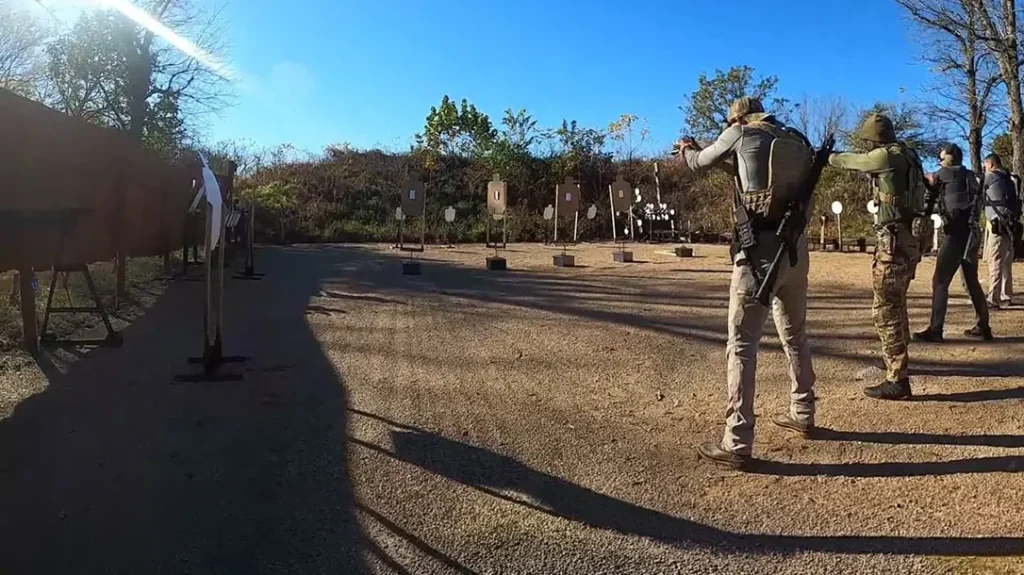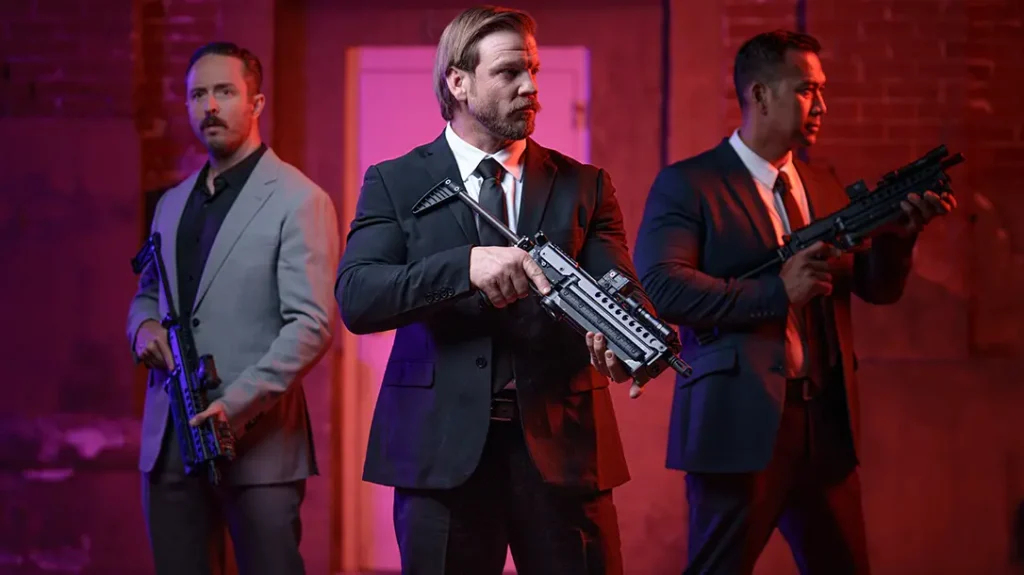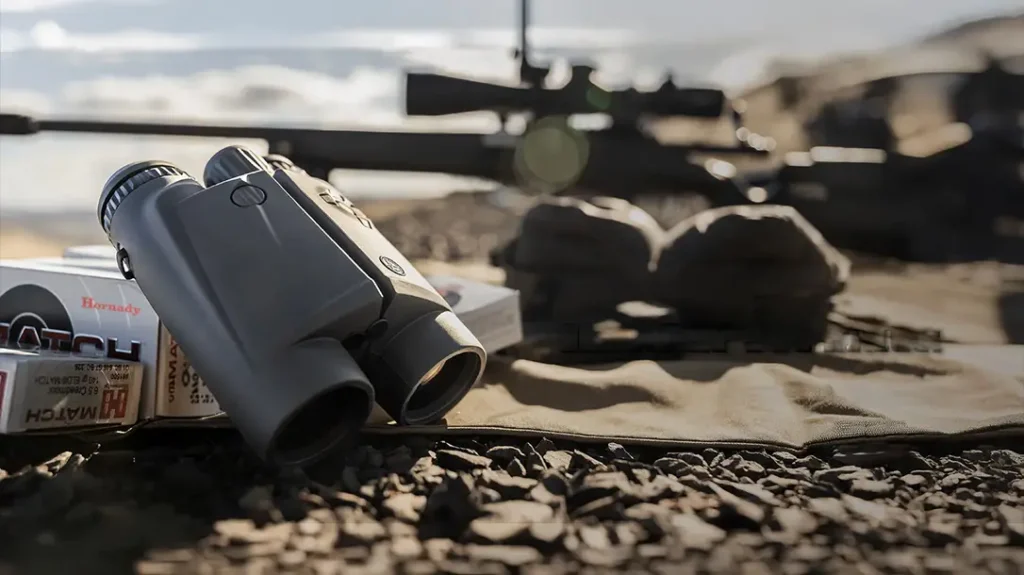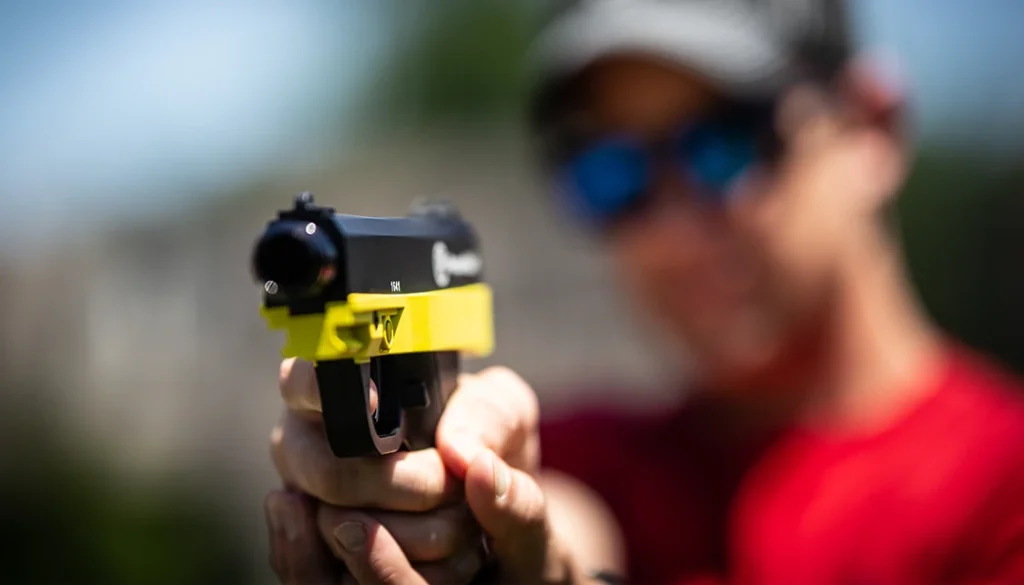“Sexting,” the act of sending a pornographic image via text message, has created an interesting dilemma for law enforcement around the country.
In many instances, teen girls have seen photos taken by themselves to male students, which have then been shared on various websites and around the school they attend.
Law enforcement has been dragged into the situation numerous times, but have not been able to intervene because “the photos were “selfies” — images taken by the girls themselves and consensually sent to male students — and likely would not meet the legal definition of child pornography,” according to The Washington Post.
Advertisement — Continue Reading Below
“Sexting” among teens, a practice considered by some experts to be a normal part of adolescence, is a vexing issue for law enforcement officials. Even with new laws outlawing “revenge porn” and “cyberbullying,” sexting is difficult to prosecute, not only because youth are involved but also because it’s not necessarily illegal.
… Lt. Glen Wiedeck of the Baltimore County Police Department said the Crimes Against Children Unit estimated that the number of requests for authorities to investigate teen sexting has increased, reaching about a dozen in the past year.
“We ask the group the question, ‘Would you pull your pants down in front of your whole class?’ Because that’s what you’re doing,” Harford County State’s Attorney Joe Cassilly told The Washington Post.
Advertisement — Continue Reading Below
























